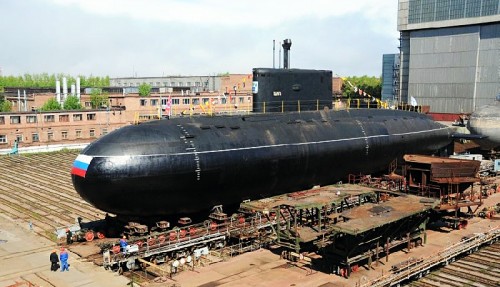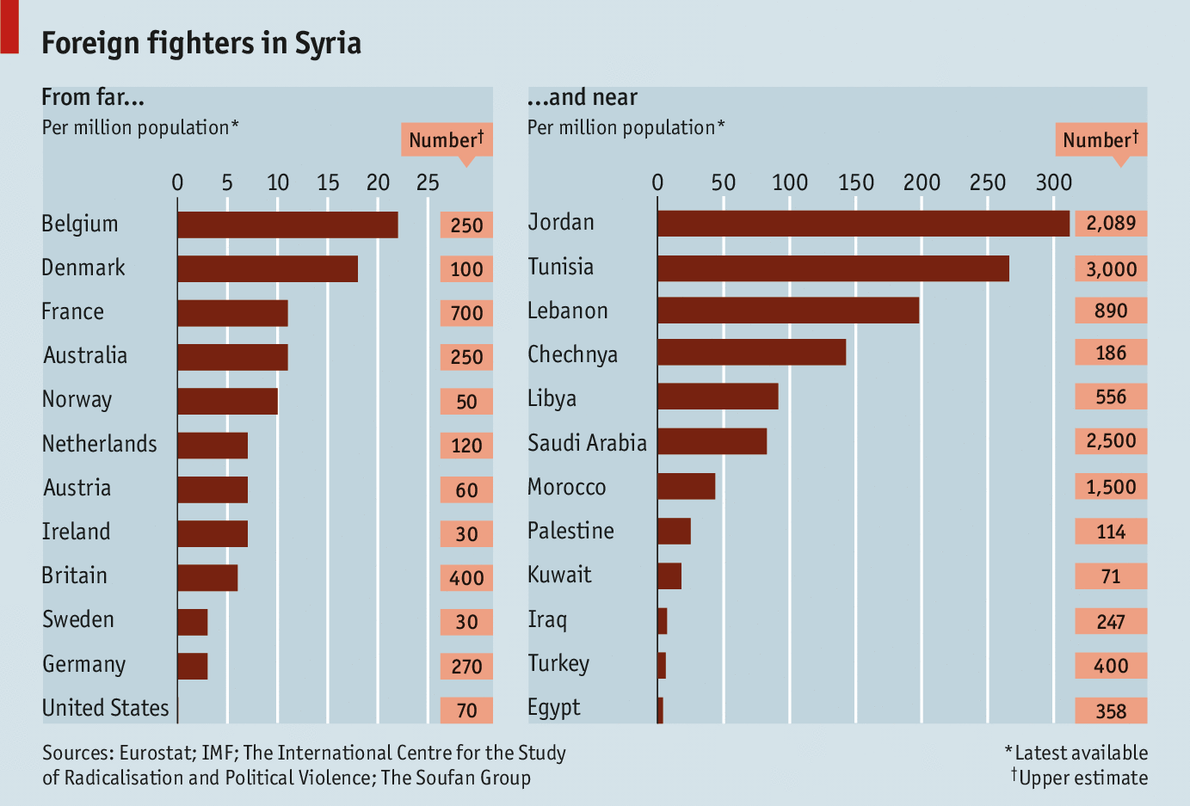
U.S. already taking 100k refugees a year COVERTLY! Watch the still video below.
https://www.youtube.com/watch?v=KIf3tElDLfA&feature=youtu.be
Egyptian President Abdel Fatteh El-Sisi has arrived in Athens for three days of talks
with Greek Prime Minister
Alex Tsipras on a plan for establishing the first ever Mediterranean
consortium for the joint exploitation of Israeli, Egyptian and Cypriot off-shore
gas wells.
Tuesday, Dec. 8, when Prime Minister Netanyahu
defended his government's handling of Israel’s offshore gas bonanza in a
briefing to the Knesset Economy Committee, he faced a barrage of opposition
criticism, much of which focused on unfounded claims that Egypt had dropped out
of a deal for the purchase of Israeli gas.
The consortium, in
advanced negotiation between the Egyptian president, Greek Prime Minister Tsipras
and Netanyahu, is designed for two goals. which are to satisfy the gas
requirements of Greece, Cyprus, Israel, Jordan, Egypt and the Palestinian
Authority, and to export the remainder to Europe.
The three parties are studying three alternative plans:
The three parties are studying three alternative plans:
1. Transfer the
Mediterranean gas to Greece and then pipeline it to Europe: Greek Prime
Minister Tsipras raised this option with Netanyahu during his unexpected visit
to Jerusalem on Nov. 26. He proposed linking the Israeli gas fields,
especially the largest Leviathan well, with the Cypriot offshore Aphrodite gas
field and Egypt’s Zohr Mediterranean field, and so make it possible to transfer
the gas to Greece and from there to Europe.
Tsipras maintained that the European Union, of which Greece is a member, would consider taking part in the construction of the new pipeline networks together with the gas terminals necessary for exporting it.
Tsipras maintained that the European Union, of which Greece is a member, would consider taking part in the construction of the new pipeline networks together with the gas terminals necessary for exporting it.

2. Transfer the gas of all three countries via Turkey.
3. Build a pipeline from
the Israeli oil port city of Ashkelon to Egypt. Western Egypt has two
giant gas-processing facilities on its Mediterranean coast, one owned by
British Gas and the other by Spain’s Union Fenosa Gas. They could transform the
gas to LNG for shipping by tanker to Europe.
In his briefing to the
Knesset committee, Netanyahu maintained, “The bottom line is that I see
the supply of gas as the basis for protecting (Israel’s) national security, and
we need to be strong in order to gain alliances and make peace.”
In Athens, the Egyptian
President echoed those sentiments when he said: "More cooperation is
needed in these difficult times and in this sensitive area. Such cooperation
could be in the exploitation of mineral resources, it could be an economic
cooperation and even a military cooperation,” he said.
In other words, joint
exploitation of the Mediterranean gas fields will enable the countries of the
region to confront the security challenges that they face, as well as
facilitate economic cooperation and joint military efforts to protect the gas
fields and pipelines.
El-Sisi, Cypriot President
Nicos Anastasiades and the Israeli and Greek prime ministers are planning a
summit meeting in the coming days to bring forward and seal a deal for the
economic consolidation of the Egyptian, Israeli and Cypriot gas fields
and the means for exporting the gas.
Despite the arguments put
forward against the government’s handling of the gas issue by Knesset members,
including opposition leader Yitzhak
Herzog and loudest opponent of the gas deal, his fellow party
member Shelly Yachimovich,
the key facts are indisputable.

Their party, the Zionist Union, constantly
advocates a quest for peace based on regional alliances. Yet when an important
regional alliance becomes feasible, on the basis of cooperation in the
exploitation of Mediterranean gas, its leaders try and shout it down. They are
even proposing to endlessly delay the entire project by petitions to Israel’s
Supreme Court. This step would make one of Israel’s leading political parties
guilty of frustrating one of the most important and productive political and
security-related developments Israel has attained in recent years.

Putin had some interesting things to say about Russia’s use of tactical nuclear weapons. Here is what he said, “Regarding the submarine
strikes we must, of course, analyze everything that happens on the battlefield,
how the weapons acts. Both the "Kalibrs" and the X-101 rockets as a
whole proved to be very good. This new, modern, highly efficient, and highly
precise weapon can be equipped with both a conventional warhead as well as a
special, nuclear warhead. Naturally, in the fight against terrorism that is unnecessary, and I hope
there will be no need [to use nukes against the Islamic State.”
“But, if it is.... which of course
was the unsaid message: Russia not only can deploy tactical nuclear warheads to
Syria overnight, but it may, "not now", but eventually be forced to
use them against "the Islamic State."
And just like that Putin hinted
that the Syrian proxy war, as it escalates ever wider and drags in increasingly
more countries in true "world war" fashion, may just have one or more
mushroom clouds in its near future; clouds which will will target none other
than the CIA's pet project the Islamic State.
Syria SitRep for 9 Dec. 2015, watch the video below.
Syria and Iraq SitRep for 8 Dec. 2015, watch the video below.

The
Prime Minister’s Office in Jerusalem confirmed Wednesday that Republican
presidential contender Donald Trump was due for a visit on Dec. 28, noting that
it was arranged two weeks before the contender called for the shutting out of
Muslim migrants to America “until our representatives know what’s going on.”
This remark has raised a storm of controversy far beyond the United
States. The prime minister is willing to meet any candidate from any
party, the statement said, adding: “Netanyahu does not have to agree with every
statement made by every candidate.

The
Russian Rostov-on-Don submarine, pictured above, equipped with Kalibr cruise missiles no sooner reached the eastern
Mediterranean opposite Syria Tuesday when it began shooting those missiles at
the ISIS base in Raqqa. This was the first time in military history that
Russian cruise missiles have singled out a target in an Arab country. Russia
gave the US and Israel advance notice before launching the Kalibr cruise
missiles.

The
Defense Department is looking into reports that Iran tested a medium-range
ballistic missile capable of carrying a nuclear warhead, in violation of UN Security
Council resolutions, US ambassador to the UN Samantha Power told
reporters on Tuesday. The Ghadr-110, a liquid-fueled missile, pictured above, a spin off of the Shahab-3 missile, with a range of
1,900 km, was launched during military maneuvers from a test site near Iran's
border with Pakistan in mid-November, the reports said.

The Pentagon announced on
Tuesday a $70 million arms deal with Turkey including the upgrade of standard
munitions to smart bombs. "It is vital to the U.S. national interest to
assist our NATO ally in developing and maintaining a strong and ready
self-defense capability," the Pentagon said. The Turkish air force will
receive 1,000 Joint Direct
Attack Munition (JDAM) kits, pictured above, which transform regular bombs into smart
bombs with GPS guidance systems that are capable of hitting ground targets with
great precision in any weather.

The
number of foreign fighters among the ranks of Islamic State in Syria (ISIS) has
doubled over the last 16 months and now stands at approximately
27,000, who are mostly from various Arab countries, the US-based Soufan
research institute said Tuesday. The largest group is Tunisians, accounting for
about 6,000, with Saudis (2,500) second and Russia (2,400) third, followed by
2,100 fighters from Turkey and 2,000 from Jordan. The study also claimed that
about 5,000 ISIS fighters come from various countries in Europe, with 20 to 30
percent returning to their countries of origin. Among the Europeans are 1,800
French, 760 Britons, 760 Germans and 470 Belgians, the study said.

No comments:
Post a Comment